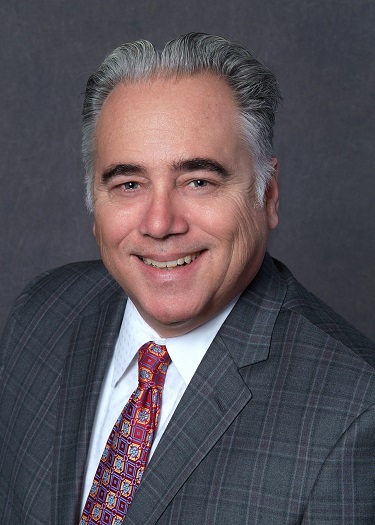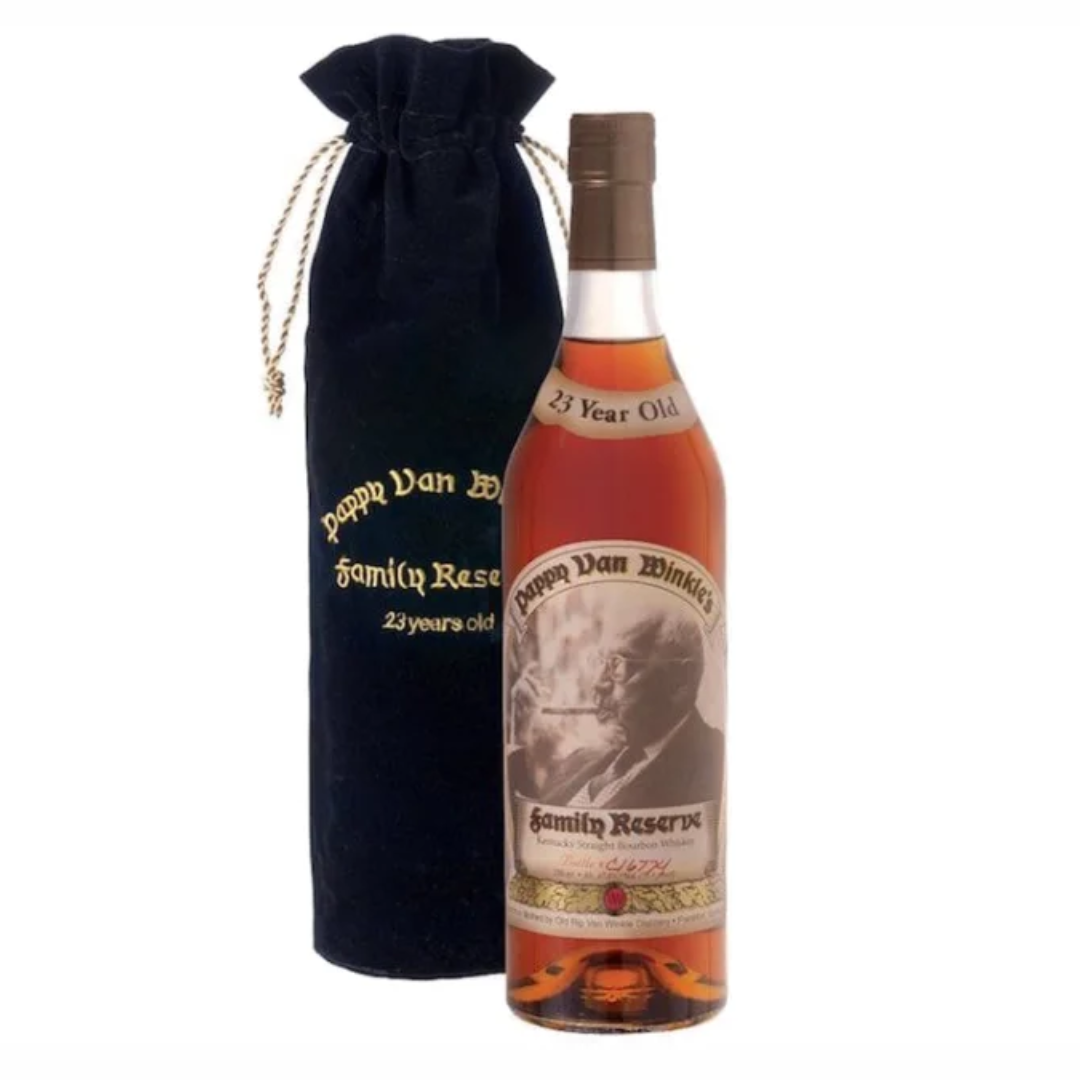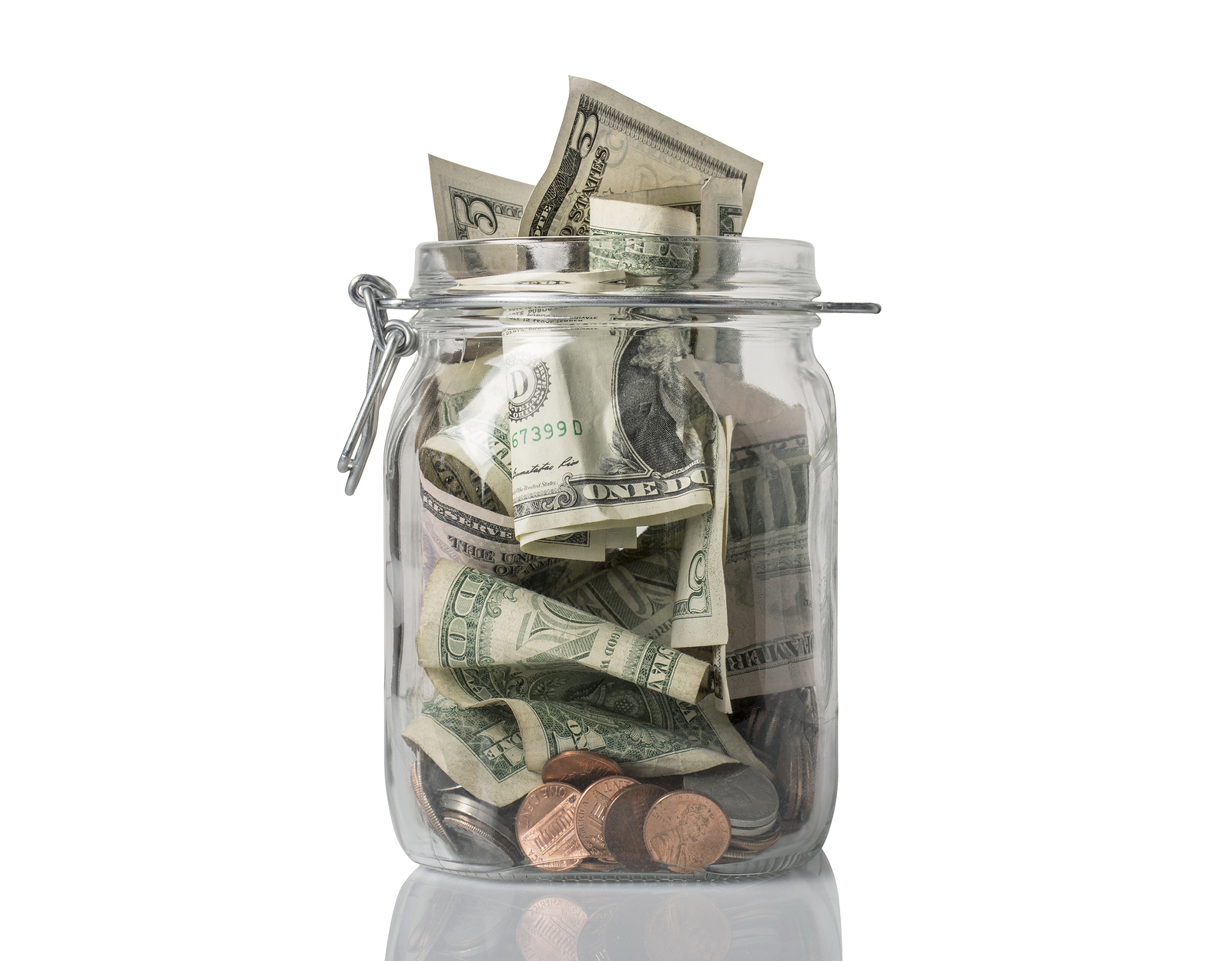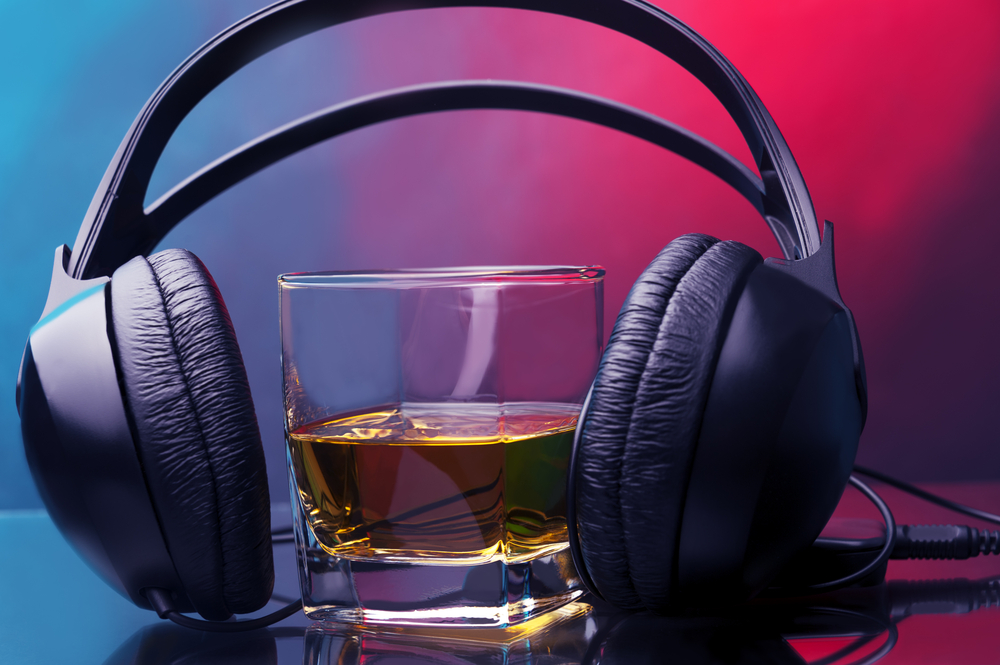Temporary Alcohol Permit Options in Pennsylvania
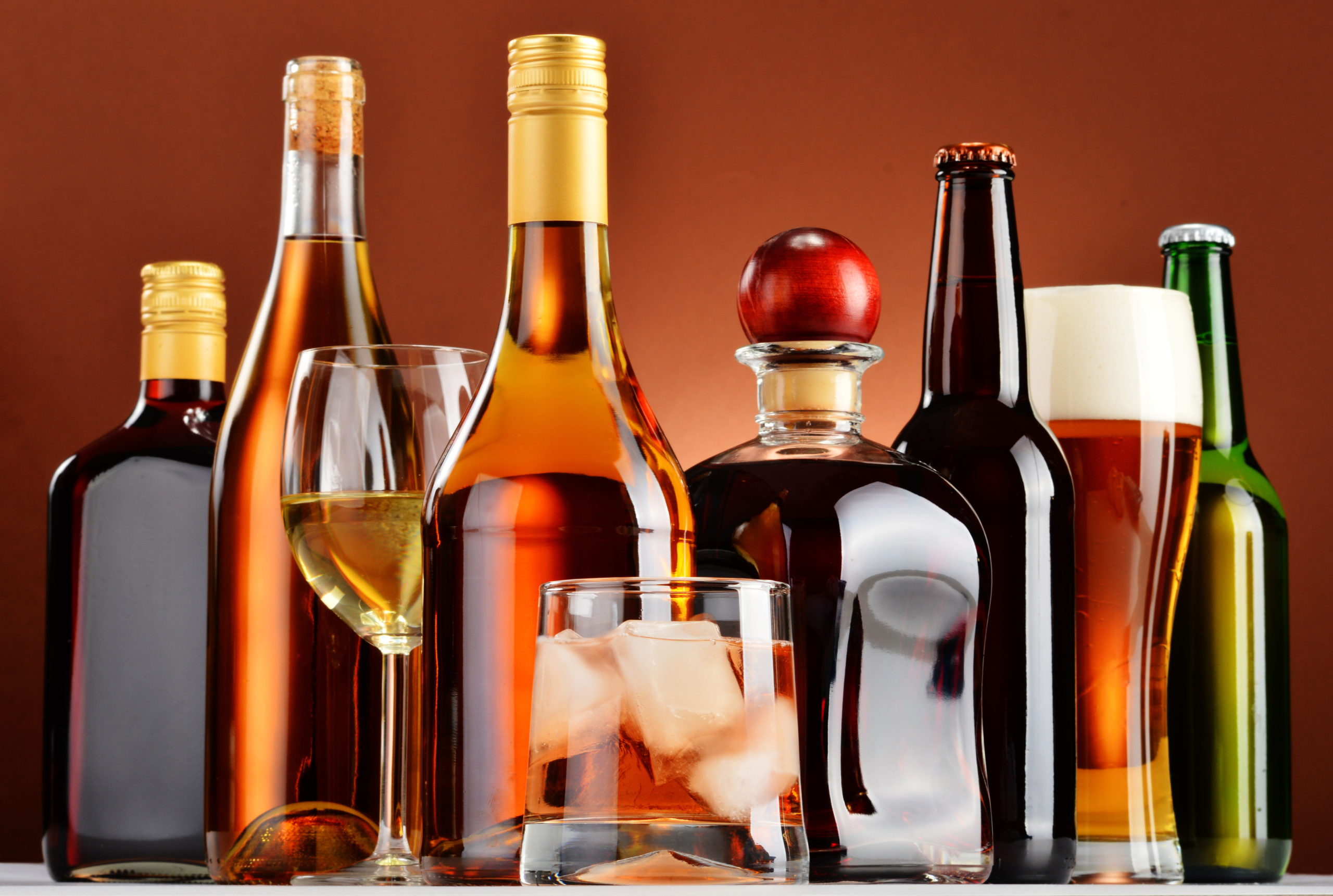
While the weather might not show any signs, summer is right around the corner and outdoor festivals abound. Many festivals and “beer gardens” find it difficult navigating Pennsylvania’s complex laws with regard to alcohol permits on a temporary basis. While limited wineries enjoy some temporary privileges that limited distilleries and Pennsylvania breweries do not, generally, most temporary permits are found in laws governing special occasion permits and new catering permits in Pennsylvania.
A Special Occasion Permit is the most flexible out of the permits, but only certain “eligible entities” qualify for such permits. A 501(c)(3) alone does not qualify as an “eligible entity.” Eligible entities do include standard users like hospitals, churches and fire companies, to the more obscure like non-profits whose main purpose is to temporarily foster stray and unwanted animals. Yes, that is our Pennsylvania Liquor Code. These eligible entities may apply for and receive a Special Occasion Permit for up to six non-consecutive days a year or, in limited conditions, 10 consecutive days. Special Occasion Permit holders may sell any type of alcohol for on- or off-premise consumption during the same hours as restaurant licenses, i.e., until 2:00 A.M. Typically, you see non-profits employ vendors who engage in a concession relationship to provide food and alcoholic beverages at festivals or other fundraising events. By far, if an entity qualifies for a Special Occasion Permit, the Special Occasion Permit provides the most flexibility to the user, albeit limited days per year.
A Catering Permit is a new animal in the State and allows current restaurant and other permit holders (only if they apply by March 1st of any year) to obtain up to 50 permits per year for off-premise service. These events are limited to five hours per day; however, restauranteurs with multiple restaurant liquor licenses can stack permits where one event ends and the next one begins, and get up to 10 or even 15 hours of service per day. There are many unique rules surrounding the service, such as, all servers must be RAMP trained, and there can be no off premise sales. All sales must end by midnight, and an applicant cannot sell tickets to an event unless it is contracted with a 501(c)(3) or other “eligible entity.” Many of the “beer gardens” popping up in urban areas are operated under these permits. Sometimes these permits run afoul with local municipalities’ interpretations of zoning codes, and can create complex legal issues as a result. While catered functions are defined by the Pennsylvania Liquor Code as benefitting “an identifiable group of people,” restauranteurs have turned to social media for guests to register on their sites to maintain technical compliance with the Liquor Code. These catering permits can be obtained by restaurant, hotel, brewery, public venue, and performing arts facility licensees.
The only other “temporary” permit under the Liquor Code is to apply for and receive a temporary extension of your licensed premises. This temporary extension can be for the entire summer and there is no real restriction under the Liquor Code as to the number of days you can obtain a temporary extension. The premises that is temporarily extended has to be contiguous to the licensed premises. For example, if a restaurant is partnering with a municipality and conducting a festival on grounds that are not owned or occupied by the licensee, the licensee has to obtain temporary leases and/or street closures on land contiguous to its license to conduct the festival. Many temporary extensions are conducted on parking lots of the licensee and, since that displaces parking, municipalities usually permit such festivals on a limited-day basis.
Whether it is Musikfest in Bethlehem, pop-up beer gardens in Philadelphia, or a tent attached to your favorite local restaurant, enjoy the benefits of temporary permits in Pennsylvania. Just keep in mind that the permitting process can take 45-60 days in advance of any event.
For additional information regarding this matter or for addressing any other liquor law matters, please contact Theodore J. Zeller III, Esquire at tzeller@nmmlaw.com or at our offices at 610-391-1800.

